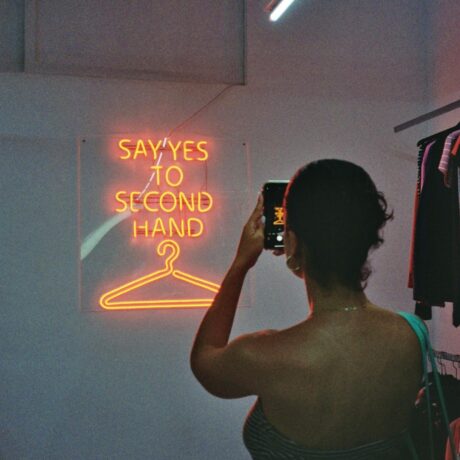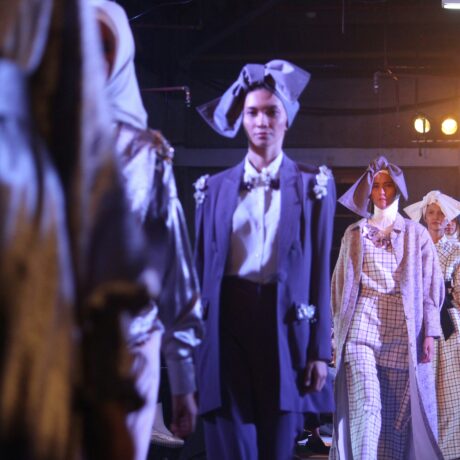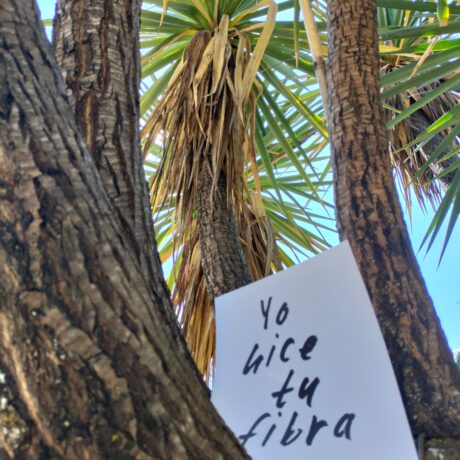A Year of Giving Water
Fashion you say, the chance to be free
I cannot fathom your idiosyncrasy
Dyed, treated, finished and then you say I’m free
Safe drinking water for all! says nobody
You deprive me of those who are yearning to be free
Those who suffer, is predominantly she
When I travel through your body, think of being free
The sounds, the waves try and listen for me
Then when you’re musing, what it’s like to be free
Think of the deprived, as we dream of thee
Water. It binds our shores together, is found in the furthest reaches of the globe and makes up about 60% of our body. Do I even need to mention it is a basic human right? But this piece isn’t about facts on water. This substance is integral to humanity and every single being on this planet.
Since 2010, the UN has recognised the human right to safe drinking water. Although this seems very recent in our modern day, this fundamental human right is still not met. Despite the earth possessing 9.78 million cubic miles of fresh water (safe for drinking), 780 million people still do not have access to a clean water source as predicted by WHO and UNICEF. If this number does not shock you then I worry. That is over 10% of the world’s population, with no access to safe drinking water. This undeniably shocking statistic puts into perspective one of the biggest ongoing problems we still face today, the water crisis.
In honesty, the amount of water on this planet is incomprehensible. The ginormous number does not represent the problem, the problem is through the uses it has been assigned to. Uses that support a growing industry that is fuelled by the Western World. Before you even finish this sentence you know it is the fashion industry. You know that your indefensible shopping habits fuel an industry that pollutes so much yet you continue to abide by these norms.
We deny people access to clean and safe drinking water. By accepting the way we consume we allow the fashion industry’s unscrupulous practises to flourish. Therefore we are denying people access to their human rights.
As a human, we all know what it’s like to be thirsty, especially when it is so warm outside. You know I’m going to ask you to imagine what it would be like if you were deprived of this hydration when the sun is beating down on you and all you want is a glass of ice-cold water. This integral substance isn’t just a treat, it is an essential necessity for survival.
In Bangladesh alone, 5 million people lack access to safe water whilst more than half of the population do not have access to improved sanitation. The clothing industry alone in Bangladesh accounts for 84% of the country’s total export earnings. The fashion industry, particularly the fast fashion sector heavily relies on Bangladesh for its cheap labour and quick turnaround times. This comes at a steep price to the Bangladeshi people. The fashion industry is largely responsible for the contamination of local water ways, which continues to deny those clean drinking water. This cannot continue. This piece of writing isn’t a guilt trip. This isn’t supposed to make you reflect on your shopping habits. It’s 2020 you should be shopping responsibly and if you’re not then dedicate some time to perusing through Fashion Revolutions Website and educate yourself.
As already introduced by Fashion Revolution, Drip by Drip is the first NGO dedicated to solving fashion and textiles water impacts. As I hope you are aware, the fashion industry faces several challenges but we have so much power to take control and help those who are need of our resources. Drip by Drip has launched the #yearofgivingwater campaign which encourages 100 brands to participate by giving 15€ or more per month which can provide 90 families with access to clean drinking water for 10+ years. These families are those who are directly impacted by the pollution of fashion, not to mention the brutality of the Covid-19 outbreak which has left a devastating impact on garment workers. We urge brands and consumers to recognise the water crisis exacerbated by fashion and support those who are in desperate need of access to clean and safe drinking water.








